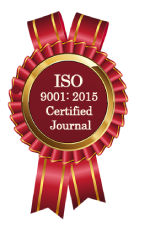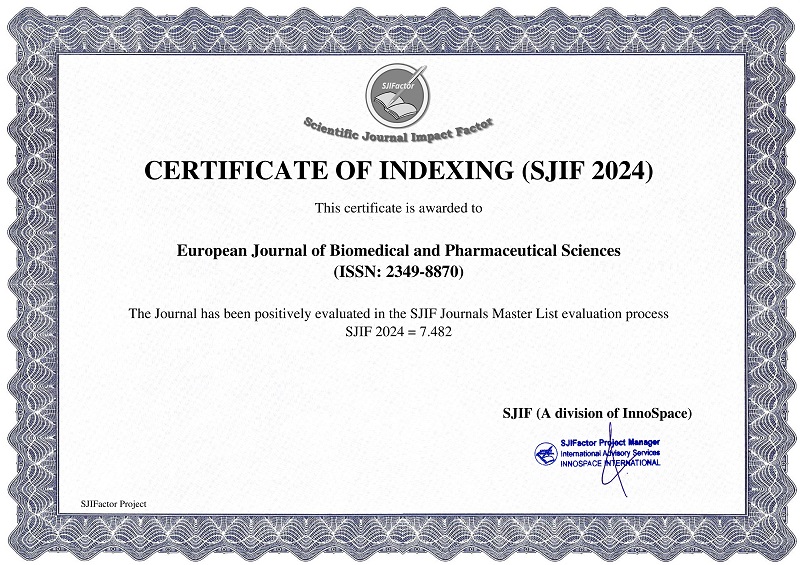PHARMACOVIGILANCE IN A TERITIARY CARE HOSPITAL IN KASHMIR: A CALL FOR ACTION
Muddasir Sharief Banday*, Zulfikar Latief Qadri, Bilal Ahmad Para, Sabia Qureshi, Sabreen Bashir, Saba Bashir
ABSTRACT
Introduction: In present era safety and efficacy of a drug is of paramount importance. Therefore, pharmacovigilance (PV) is an essential component to detect and present adverse drug reaction (ADRs) after marketing of a drug. Nevertheless, underreporting is a global issue creating health and economic burden on health care system. Aim: To assess the knowledge, attitude and practices (KAP) of doctor’s nurses and pharmacists towards PV and ADRs reporting and to determine the factors limiting ADR reporting rates from the Healthcare Professionals (HCPs) point of view. Methods: The purpose and need of the study was explained to all HCPs (doctors, nurses and pharmacist) to whom a standard 30 inventories open-ended validate questionnaire was administered. All the responses were entered to Microsoft Excel sheet and analysed statistically through SPSS software version 27. Results: A total of 150 HCPs (98 doctors, 38 nurses and 14 pharmacists) participated in the study. Results reveal that doctors and nurses have equal knowledge and are updated about PV, ADRs and PVPI. All participants are of the opinion that periodic educational intervention and PV and ADR reporting training are necessary. Conclusion: The study in a broader perspective reveals that our HCPs have fairly good awareness of PV and ADR monitoring but regular and periodic sensitization and orientation of HCPs on PV would bring paradigm shift and improvement in ADR reporting rate.
Keywords: Pharmacovigilance, Adverse drug reactions, Knowledge, Attitude, Practice.
[Full Text Article]
[Download Certificate]


 Impact Factor : 8.181
Impact Factor : 8.181 






